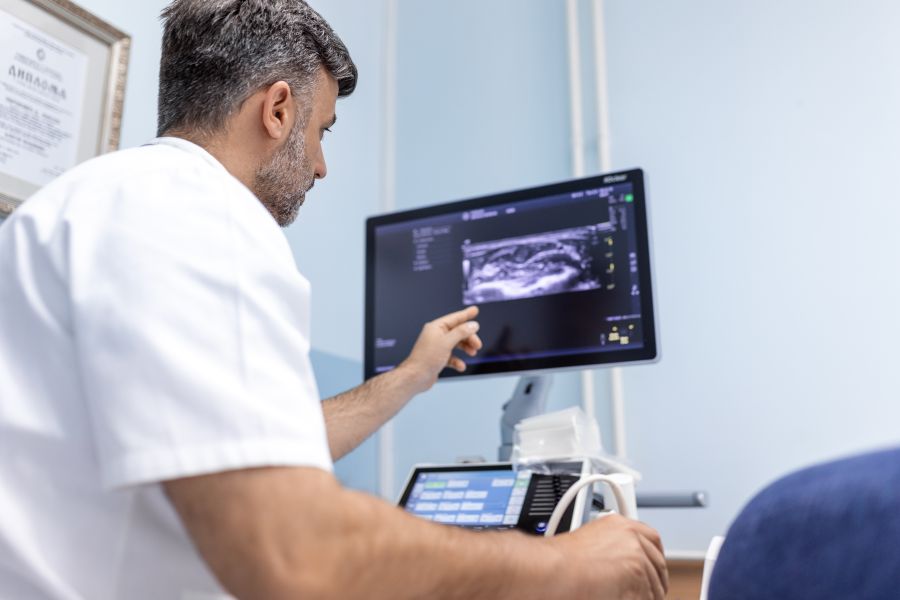
Echocardiogram
At MedCare Clinics, we understand that heart health is crucial to your overall well-being, and an Echocardiogram is a vital tool in assessing the structure and function of your heart. Our Echocardiogram services are designed to help diagnose heart conditions early and accurately. Whether you're experiencing symptoms such as chest pain, irregular heartbeats, or shortness of breath, our team provides comprehensive echocardiogram testing to help identify any potential issues. We offer both routine and specialized echocardiograms to give your healthcare provider essential insights into your heart's structure, pumping efficiency, and blood flow. Our compassionate team is committed to guiding you through the process with clarity and care, ensuring you receive the best possible heart care.
Find Clinic Near You